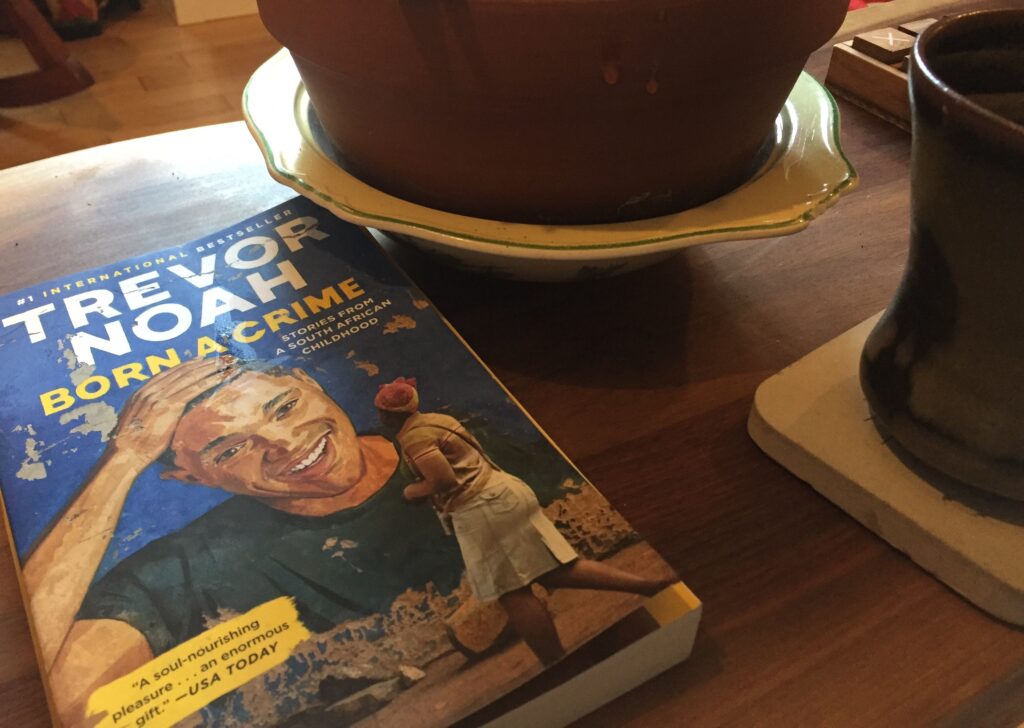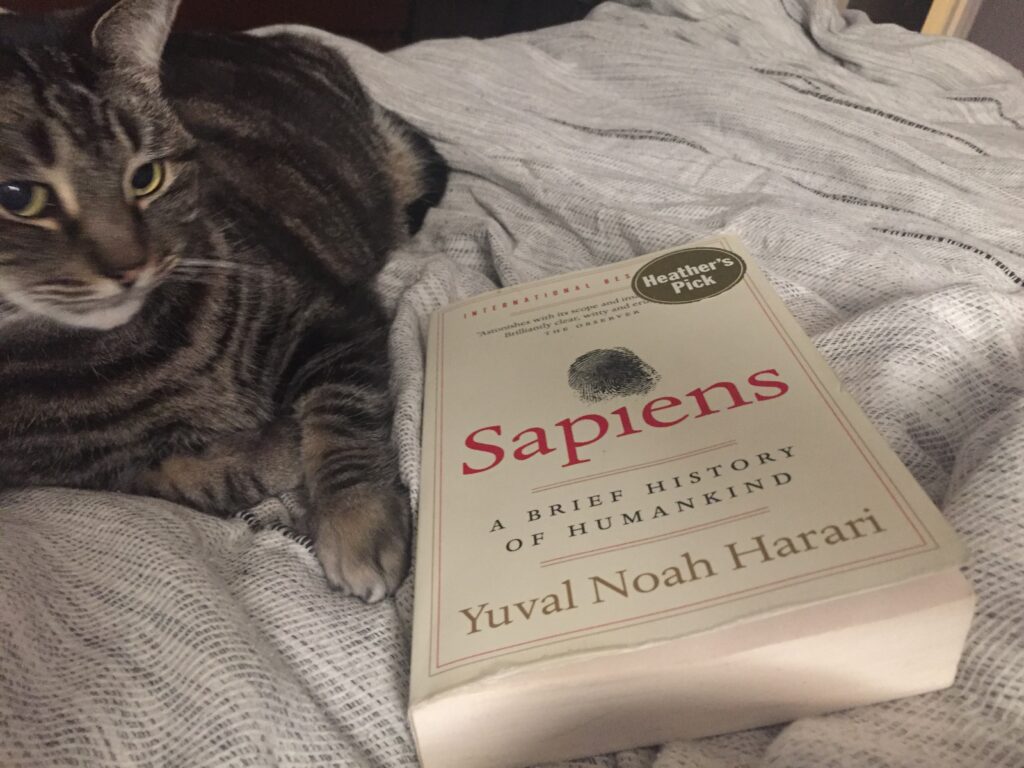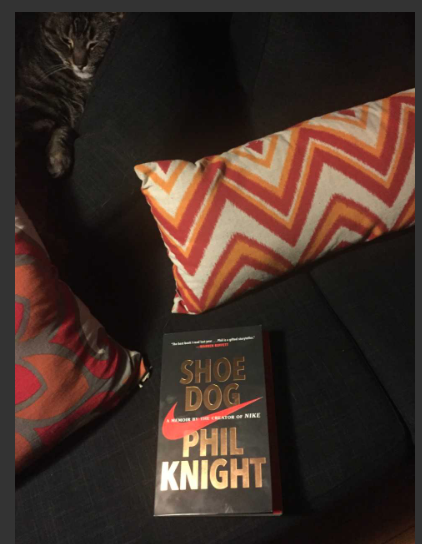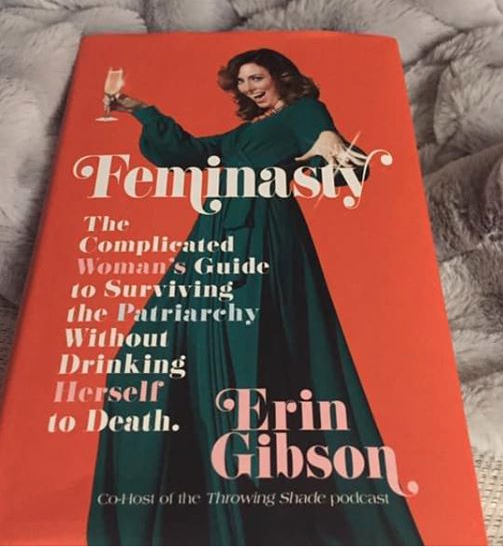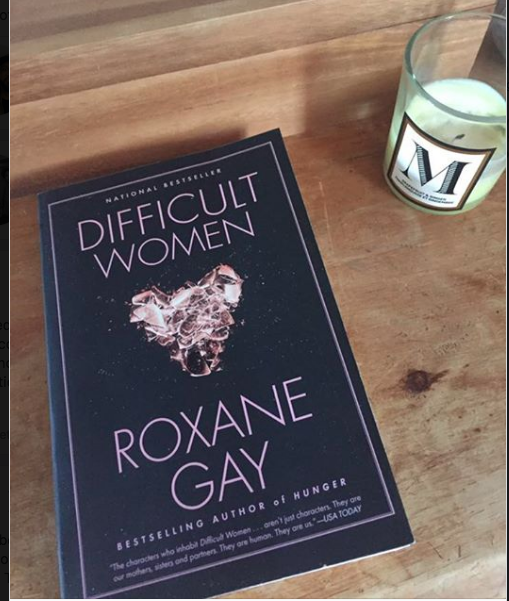Title: Why We Can’t Sleep: Women’s New Middle Crisis
Author: Ada Calhoun
Date Read: February 2, 2020
Two snaps.
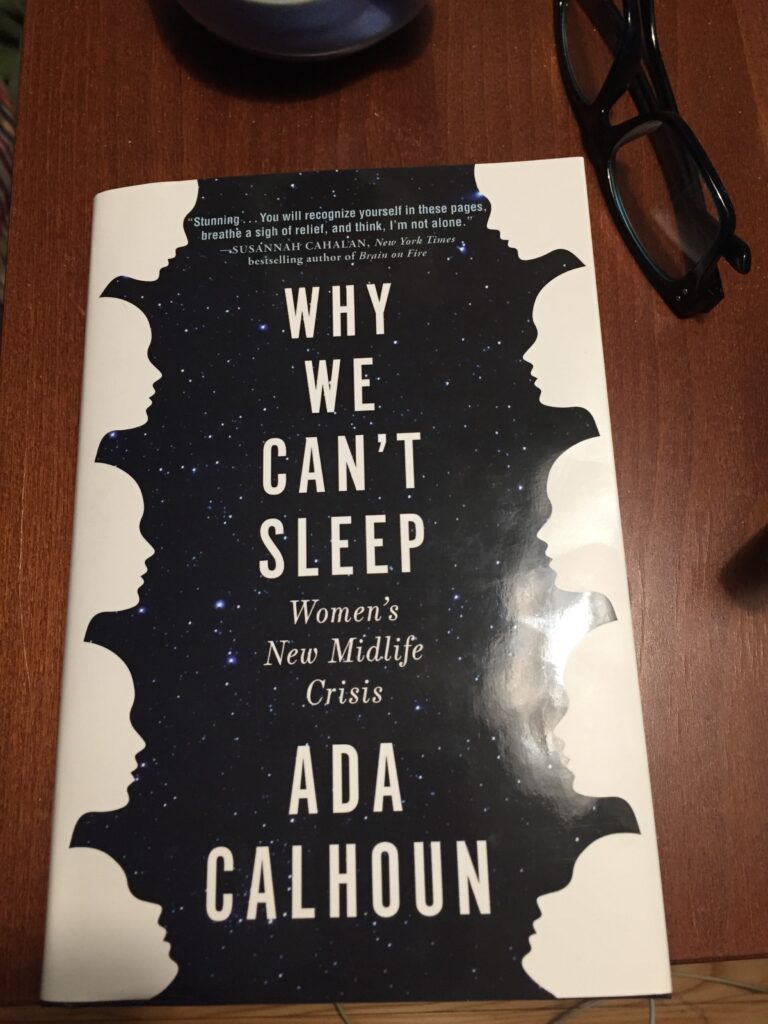
This book came highly recommended and I scrambled to get it in my Amazon cart. It did not disappoint. All Gen X women: a must read!
The quote that opens the Introduction to her book sums it up pretty succinctly:
You come to this place, midlife. You don’t know how you got here, but suddenly you’re staring fifty in the face. When you turn and look back down the years, you glimpse the ghosts of other lives you might have led. All your houses are haunted by the person you might have been.
Hilary Mantel, Giving Up the Ghost
Today’s middle-aged women belong to Generation X and the end of the Baby Boom. Gen X birth years are identified as those born between 1965 to 1980. For the longest time, Gen Xers have struggled most with what really defined us as a generation. Douglas Coupland popularized the moniker in his book of the same name, but we have been pretty much been the ignored “middle child”– overshadowed by our Baby Boomer parents and the younger Millineials we babysat.
Calhoun writes that: ” Generation X women tend to marry in our late twenties, thirties, forties, or not at all; to have our first children in our thirties or forties, or never. We’re the first women raised from birth hearing the tired cliche “having it all” — then discovered as adults that it is very hard to have even some of it.” (p. 5-6)
Because so many of our generation delayed marriage and children into their thirties and forties– we also find ourselves caring for parents in decline at the same time we are caring for little children; and asking for raises and ‘leaning in’ at work. Fused with this stress is a hormonal tumult and the mood swings of menopause. And in a cruel twist, the symptoms of hormonal fluctuation are exacerbated by stress, while the symptoms in turn raise stress levels! At the same time, we are inundated by breaking news alerts, social media feeds that show us how awesome everyone else’s life is, increased work obligations, phone calls to return, texts to send, and emails to write. “Our lives can begin to feel like the latter seconds of a game of Tetris, where the descending pieces pile up faster and faster.” (Calhoun, 20).
So, yeah– women are facing a midlife crisis. We have it all: marriages, kids, careers, homes… but we are stressed about having it all. We have sky-high expectations for ourselves and as a generation we are also exhausted, terrified about money, and overwhelmed.
Calhoun provides an excellent analysis of this midlife crisis– one in which I know my cohort will see themselves in. As difficult as it was to face some of it, it was also a relief to know that I was not alone– and that many women feel very much the same. It is yet another book that opens up the conversation for women to support one another– to share experiences and to rally around as we push through midlife stronger with a tribe that will reassure us and empower us.

